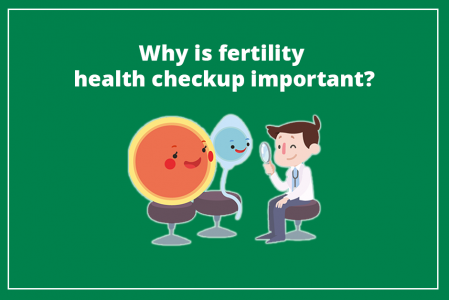Fertility Health Checkup
It’s really important that women have all the facts about fertility and age, so they can make informed choices about their lives and their health. Paying attention to recent scenario of late marriages, postponing the child birth, job stress, pollution, life style changes, adulteration, smoking, drinking, traffic, and multimedia, it is important for all the girls and women to get at least their fertility Health check done to know their fertility status and hence take timely action. Sometimes girls don’t get their partners or match for marriage or they want to postpone their childbirth due to unavoidable circumstances. They can at least know how is their fertility biological clock ticking? The important tests which need to be done are: AMH Our “reproductive life” begins when we get our first period, usually around age 12 or so, and lasts until our last menstrual period some four decades later (that’s menopause). But because egg count and egg quality decline as we age, we don’t remain fertile for the entirety of this timespan. It’s not like our fertility drops off a cliff at age 35; fertility decline happens throughout our adult lives. But fertility decline is a snowball effect—meaning as we age, not




